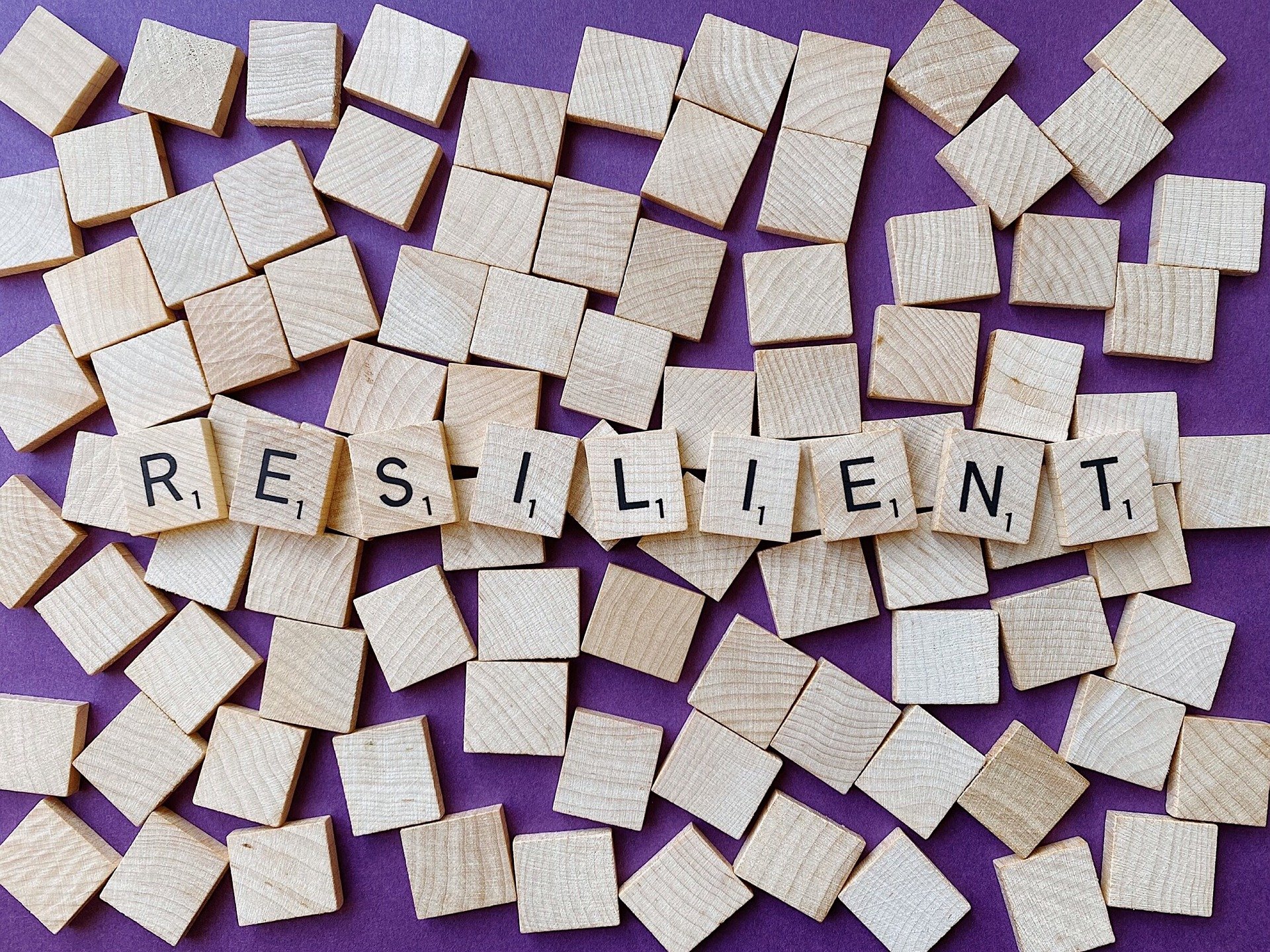Problem-Solving Skills: What They Are, How to Gain Them, and Why They’re Important for Our Health
In today’s fast-paced world, problem-solving skills are essential for personal, professional, and mental well-being. Whether navigating daily challenges or tackling complex issues, the ability to approach problems with a clear, logical mindset can make all the difference. In this article, we’ll explore what problem-solving skills are, how to develop them, and why they are crucial for maintaining our health.
What are Problem-Solving Skills?
Problem-solving skills refer to the ability to identify, analyze, and resolve challenges effectively. These skills involve a combination of critical thinking, creativity, decision-making, and the ability to evaluate options systematically. Strong problem-solving skills help individuals break down complex situations into manageable parts, explore potential solutions, and choose the most effective course of action.
Problem-solving is not limited to just work-related issues but also includes everyday situations, such as making decisions about health, relationships, and personal development. The ability to approach problems with confidence and clarity is a key aspect of mental resilience and overall well-being.
How to Gain Problem-Solving Skills
Developing problem-solving skills is a gradual process that requires practice and a willingness to learn. Here are a few ways to build and strengthen these important skills:
- Break Problems Into Smaller Parts
When faced with a complex issue, it’s easy to become overwhelmed. To enhance your problem-solving skills, start by breaking the problem into smaller, more manageable components. By addressing each part individually, you can find it easier to identify solutions and prevent stress from clouding your judgment. - Use a Systematic Approach
A systematic approach to problem-solving involves clearly defining the issue, gathering relevant information, brainstorming possible solutions, and evaluating the outcomes of each option. Using this structured process helps you think through problems logically and increases the likelihood of finding a successful resolution.
3. Learn from Experience
The more you practice solving problems, the better you become. Reflect on past challenges you’ve faced and consider what worked and what didn’t. Learning from both successes and failures can help you refine your approach to problem-solving and develop more effective strategies over time.
Read also: What is Resilience? 9 ways to improve your Resilience Quality
4. Stay Calm and Positive
An important aspect of problem-solving is maintaining a calm, positive mindset, especially during stressful situations. When your emotions are in check, your ability to think clearly and creatively improves, allowing you to find better solutions. Practice mindfulness and stress-reducing techniques like deep breathing or meditation to stay composed when faced with a challenge.
5. Think Creatively
Problem-solving isn’t just about logic and analysis. Creativity plays a crucial role in finding new solutions and thinking outside the box. Practice brainstorming multiple solutions to a problem, and consider unconventional ideas that might lead to innovative approaches.
6. Collaborate with Others
Sometimes, solving a problem alone can be difficult. Working with others can provide new perspectives and insights that you may not have considered. Collaboration encourages teamwork, which can lead to more diverse and effective solutions. Don’t be afraid to ask for advice or consult with others when tackling difficult issues.
Why Problem-Solving Skills Are Important for Our Health
Problem-solving skills do more than just help us overcome challenges—they are essential for maintaining our physical and mental health. Here’s why:
- Reduces Stress and Anxiety
When we face problems, especially difficult or unexpected ones, it can lead to feelings of stress and anxiety. Having strong problem-solving skills allows us to approach these situations with a clear plan, reducing feelings of uncertainty and helplessness. By breaking problems into manageable steps and staying organized, we feel more in control, which significantly reduces stress levels.
2.Boosts Mental Health
Problem-solving is a key element of mental resilience. When you tackle challenges effectively, you gain confidence in your abilities, leading to a greater sense of self-worth and control. Additionally, overcoming obstacles can lead to feelings of accomplishment and pride, which are essential for mental well-being.
3.Enhances Emotional Regulation
Effective problem-solving helps us manage our emotions, especially in difficult situations. When we have a strategy in place for resolving an issue, it can prevent emotional overwhelm and help us respond calmly. This emotional regulation is crucial for maintaining mental health, as it reduces the likelihood of emotional burnout or reactive behavior.
4. Improves Relationships
Problem-solving skills are critical in managing relationships, whether with family, friends, or coworkers. When conflicts or disagreements arise, the ability to navigate these situations thoughtfully and constructively can prevent misunderstandings and promote healthier relationships. Effective problem-solving in relationships helps to foster communication, empathy, and mutual respect, all of which contribute to emotional and psychological well-being.
5. Supports Healthy Decision-Making
Health-related decisions, such as choosing the right diet, exercise routine, or coping mechanisms for stress, require good problem-solving skills. Being able to analyze options, weigh the benefits, and make well-informed decisions leads to healthier lifestyle choices. In turn, these decisions can improve both physical health and long-term well-being.
6. Prevents Burnout
Whether at work or in our personal lives, unresolved problems can build up over time and lead to burnout. Strong problem-solving skills help prevent this by allowing individuals to address issues as they arise, rather than letting them accumulate. Tackling problems head-on helps you maintain a sense of balance and prevents feelings of being overwhelmed, which is essential for both mental and physical health.
7. Promotes a Growth Mindset
The process of problem-solving involves continuous learning and adaptation. Developing this skill promotes a growth mindset, where challenges are viewed as opportunities for improvement rather than obstacles. This positive outlook is associated with better mental health, resilience, and a greater sense of life satisfaction.
Conclusion
Problem-solving skills are essential for personal growth, mental health, and overall well-being. By developing the ability to analyze, evaluate, and resolve challenges in a thoughtful and structured way, we not only improve our cognitive abilities but also reduce stress, enhance emotional regulation, and make healthier decisions. Whether you’re dealing with work-related issues, personal challenges, or health concerns, strong problem-solving skills are invaluable in maintaining a balanced and healthy life.
To improve your problem-solving skills, focus on breaking down problems, staying calm under pressure, thinking creatively, and learning from each experience. These skills can have a lasting positive impact on your health, both physically and mentally, helping you lead a more fulfilling and resilient life.
Article written with the support of AI
Resilience and tips to build resilience
What is Self-acceptance?
Emotional Intelligence- an overview
Amygdala Hijacking and Selfcare
Share this post: on Twitter on Facebook on LinkedIn





